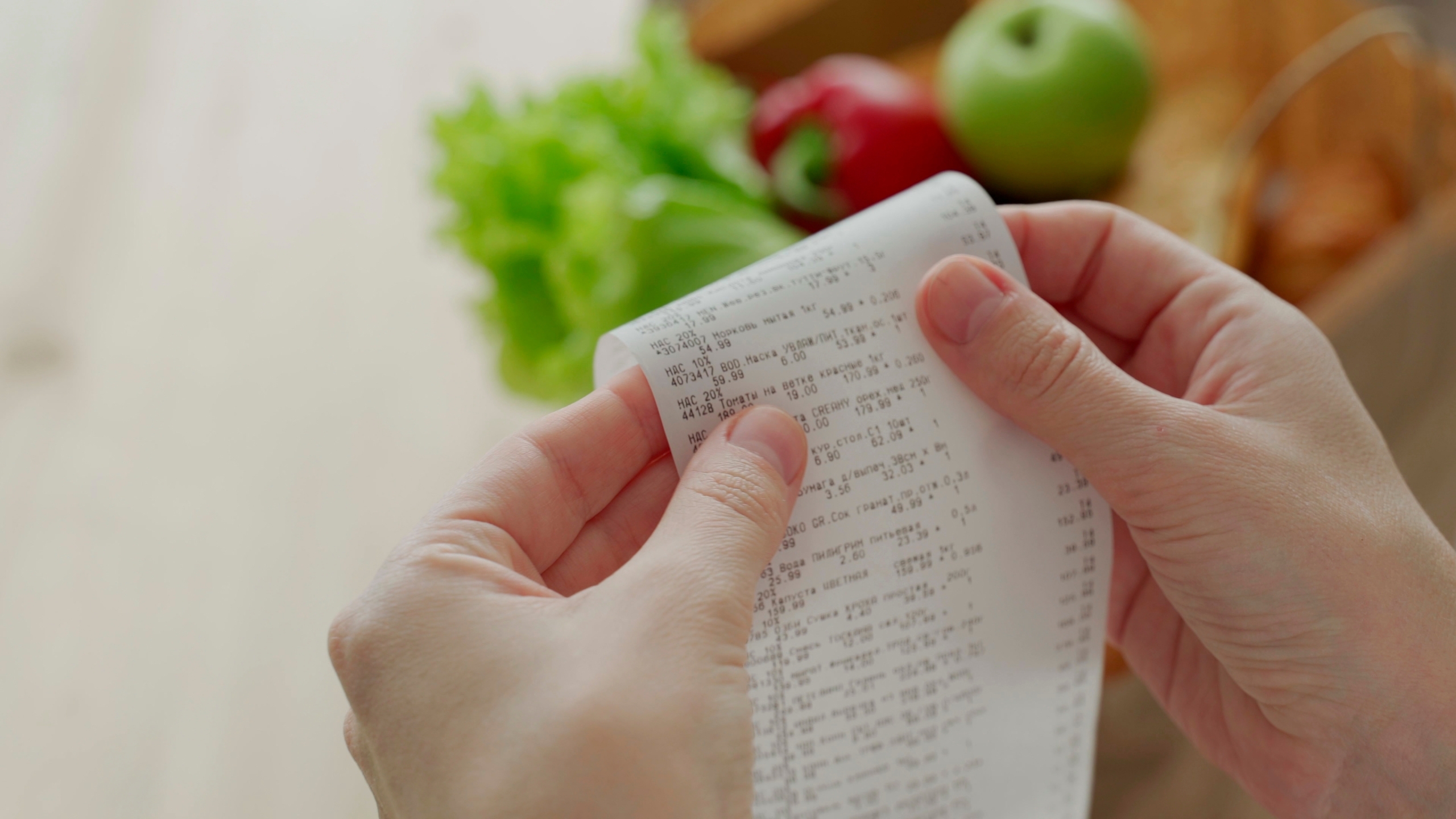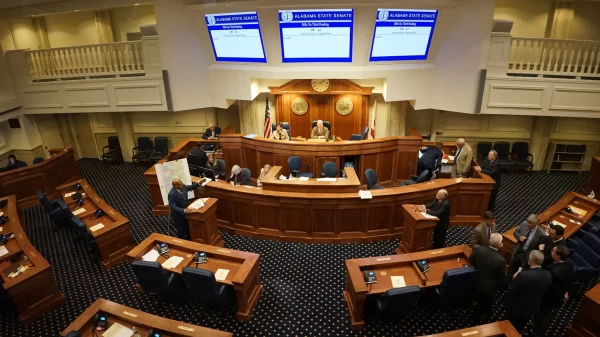A bill to eliminate taxes on essential groceries has been the talk of the session, and lawmakers have finally begun the process of getting a bill across the finish line.
It is the Senate version of the Republicans’ bill that has gained the traction to move forward. It would reduce the state tax on groceries by 2 percent over the coming years and would include all foods eligible under the Supplemental Nutrition Act Program.
The original House version of the bill defined food under the more restrictive Women, Infants and Children definition, but would have seen grocery taxes removed entirely on those items over the course of seven years.
Although the House committee used the Senate version as a template, it did make a few changes, particularly in how the decrease in the tax rate will be managed. Under the bill passed by the committee, the rate would be reduced by 1 percent on Sept. 1, and then another 1 percent on Sept. 1, 2025, granted that the state has projected a growth of 2 percent or higher for the upcoming fiscal year. If that condition is not met, the tax deduction would not go into effect until the next fiscal year in which the state does meet that requirement.
Every single member of the Senate signed on to sponsor the Senate equivalent of the bill, and 100 of the House’s 105 members have sponsored the House version.
Despite that strong bipartisan support, speakers at a public hearing Wednesday were divided on the bill.
Ryan Hollingsworth, executive director of the School Superintendents of Alabama, said the recurring tax cut comes at a large cost to the ETF, with no revenue to replace the losses.
“I just ask you to be very cautious as you proceed to look at cuts to the ETF long-term when we’re looking at a temporary economy,” Hollingsworth said.
The bill is estimated to cost the ETF $300 million per year in revenue once fully implemented.
Hollingsworth’s concern was echoed by Allison King of the Alabama Education Association.
“All in all, collectively, Alabama is the second lowest tax stated in the country,” King said. “These other states may not have a grocery tax, but they have something we don’t: substantial property taxes. AEA is not against cutting grocery taxes, but we are against cutting grocery taxes without an equally reliable funding source to replenish the lost revenue.”
Advocacy organizations have argued for decades that the state’s tax on groceries disproportionately affects the poor. and has urged the state to eliminate the tax.
Robin Hyden, executive director of Alabama Arise, came before the committee to support the bill, despite sharing concerns from opponents that the bill does not immediately replace revenue.
“While we’re not thrilled that this proposal does not immediately replace revenue … we think the time is right to take this step now while we have the funds available,” Hyden said.
The version of the bill originally supported by Alabama Arise, sponsored by Sen. Merika Coleman, D-Birmingham, would have immediately replaced the revenue by eliminating the state’s Federal Income Tax deduction, which research shows disproportionately benefits the top 10 percent of Alabamians.
Stephanie Smith, executive director of Alabama Policy Institute, said she has been working on this issue for 25 years and noted the impact of inflation on families.
“In 2022 alone, the average annual cost of groceries rose by 11.4 percent,” Smith said. “For Alabamians, that takes a toll on household budgets. Cutting the grocery tax will provide relief to every single Alabama citizen.”
One other change was made to the bill regarding the ability of municipalities to raise sales taxes on groceries. The initial language allowed municipalities to lower their sales taxes, but not raise them.
That language was amended to allow municipalities who lower their taxes to restore their tax rates to the same level as the time of the bill’s passage.
Lawmakers said what they want to prevent is municipalities raising local sales tax rates, negating the intended relief by the reduction in state sales tax.
The bill is expected to come before the full House today.



















































